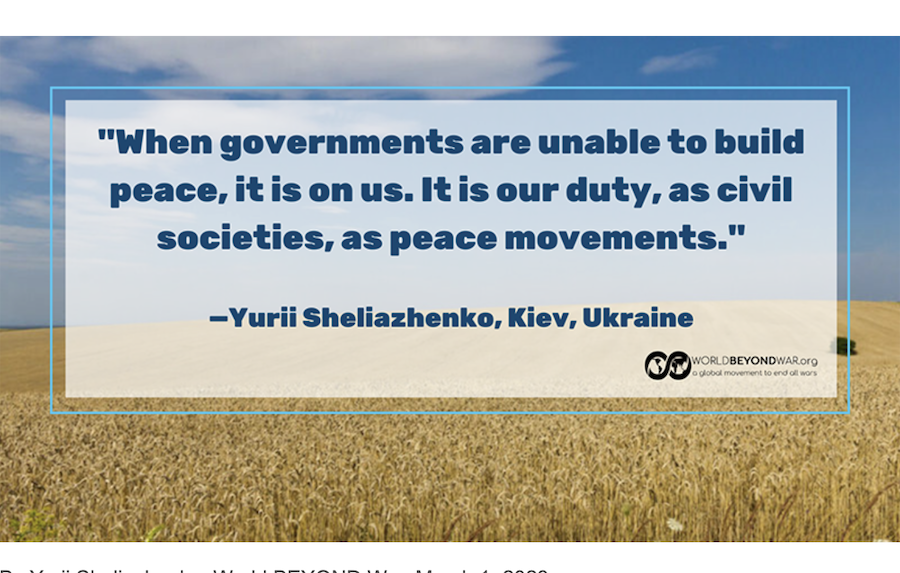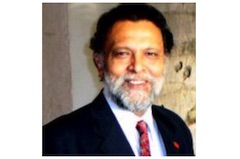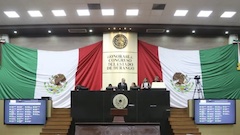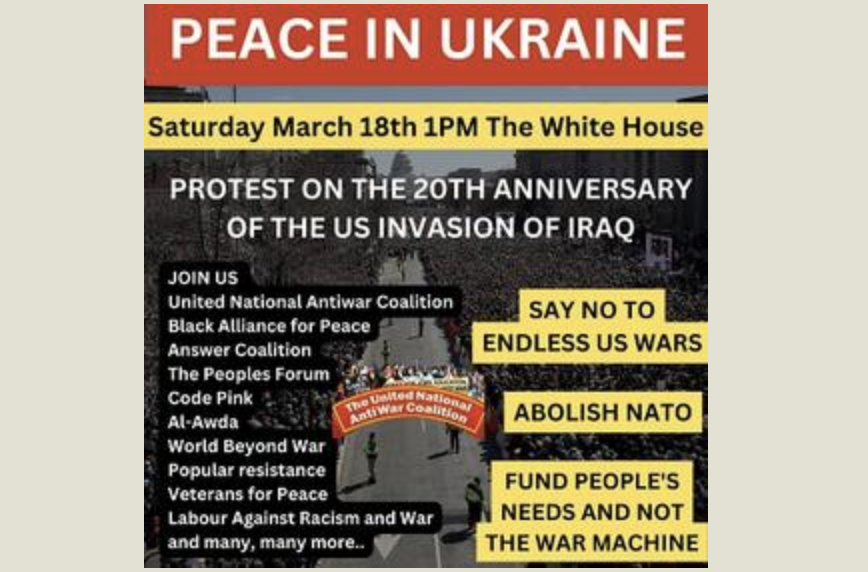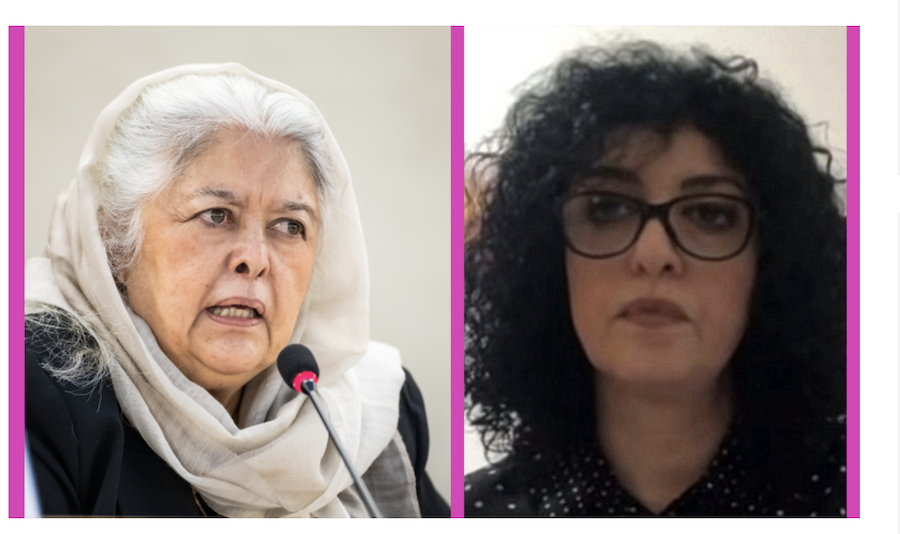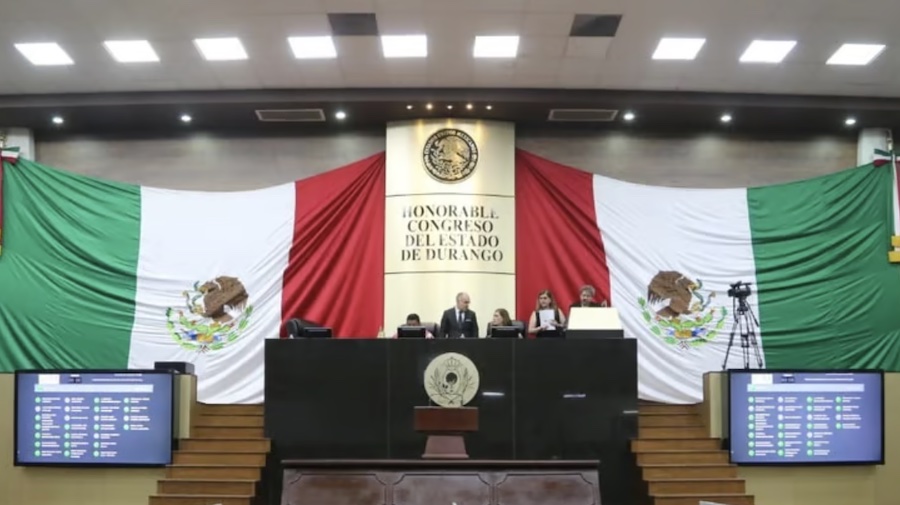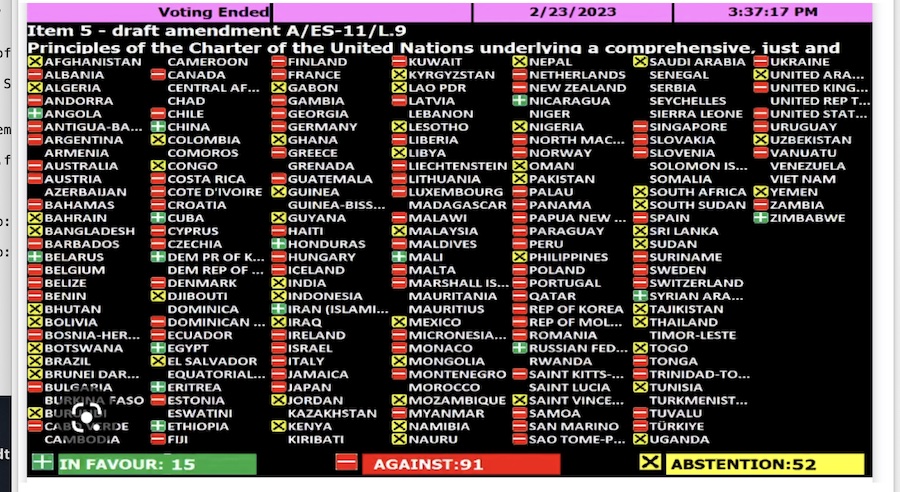DISARMAMENT & SECURITY .
An article by Victor Grossman in World Beyond War
Despair and joy can be so close together!
In conflicts, I know, neither side can be trusted. Both sides twist and distort, magnify and minimize in support of their cause. But the daily, almost hourly pictures from Ukraine – of hardship, suffering, of death, destruction and flight, all too genuine, cause me the despair I have always felt on hearing – and worse seeing, if only on a screen – any pain inflicted on my fellow human beings, no matter what insignia they wear or flag they honor.

But I must also recoil at the hypocrisy and dishonesty which so often go unnoticed. The propaganda producers who feign despair but seek more conflict, more medals, more billions, always praise a noble cause: freedom, democracy, rule of order, and always warn of despicable enemies; Bolsheviks, anarchists, Stalinists, communist aggressors and, when these are eliminated, terrorism. When that, too, erodes, authoritarianism must serve, or “imperialism” turned upside down. A nasty “villain” is always effective, justly or not, an Iago: Lenin, Stalin, Saddam, Gaddafi, Assad, Putin.
Is hypocrisy involved? Double standards? Chinese sources, like all others, must be met with caution. But can all the charges in their Foreign Affairs Department memorandum be completely denied?
“The history of the USA is characterized by violence and expansion… After World War II, the wars either provoked or launched by the United States included the Korean War, the Vietnam War, the Gulf War, the Kosovo War, the War in Afghanistan, the Iraq War, the Libyan War and the Syrian War… In recent years, the U.S. average annual military budget has exceeded 700 billion U.S. dollars, accounting for 40 percent of the world’s total, more than the 15 countries behind it combined. The United States has about 800 overseas military bases, with 173,000 troops deployed in 159 countries…The United States has also adopted appalling methods in war… massive quantities of chemical and biological weapons as well as cluster bombs, fuel-air bombs, graphite bombs and depleted uranium bombs, causing enormous damage on civilian facilities, countless civilian casualties and lasting environmental pollution… Since 2001, the wars and military operations launched by the USA in the name of fighting terrorism have claimed over 900,000 lives with some 335,000 of them civilians, injured millions and displaced tens of millions.”
Did none of this deserve the opprobrium now directed at Putin? Were any flags of sympathy displayed when the people of Serbia, Iraq or Afghanistan were bombed? When drones exploded on hospitals and wedding processions – were there also calls for tribunals against Bush – or Obama?
My despair grew far more intense when I felt the menace of escalating demands, after Leopard tanks, for powerful artillery, fighter planes and boats, and not just to win back Crimea; when I read the editorials insisting on “fighting on to victory,” no matter what it costs, above all to the people of Ukraine. Or when I read the following:
“This Ukraine crisis that we’re in right now, this is just the warmup,” said Navy Adm. Charles Richard, the commander of US Strategic Command. “The big one is coming. And it isn’t going to be very long before we’re going to get tested in ways that we haven’t been tested [in] a long time.”
Adm. Richard’s threat came after the US released its new Nuclear Posture Review (NPR), which reaffirms the US doctrine on first use of nuclear weapons. The review says that the purpose of the US nuclear arsenal is to “deter strategic attacks, assure allies and partners, and achieve US objectives if deterrence fails.” What are then the US objectives in Europe, Asia – or Africa and Latin America?
Only a few lonely voices questioned them and their likely cost, but were quickly muzzled. Peace rallies, rarely attracting more than 2-3000 faithful leftists even in Berlin, were mentioned, if at all, superciliously and dismissed as ragged little remnants of the huge rallies of the 1980’s. The media kept up its routine of repeated scenes of death, flight and destruction in Ukraine (not in Yemen), combined with rousing calls for more and deadlier instruments of war – until Ukraine was fully restored and Putin defeated, humbled, possibly deposed and preferably tried and sentenced.
How then, could I find any cause for joy, any reason to smile?
Almost surprisingly, two of the best-known women in Germany overcame past differences and joined hands. Alice Schwarzer, now 80, had once, with her magazine “Emma,” been the main founder and expounder of the women’s rights movement in West Germany, including abortion rights, but had later drifted politically rightwards. Sahra Wagenknecht, 52, with an East German background, was alongside party founder Gregor Gysi the most prominent, media-wise and popular spokesperson of the LINKE, the Left, a truly brilliant orator, but who has been disavowed by most of the present reformist leaders of her party, with some of them even demanding her ouster.
This unusual duo joined to publish a manifesto calling for a cease-fire in Ukraine and urging – not tanks and armaments for the Zelenskiy government in Kyiv but pressure on both sides for peace negotiations. It warned of the consequences of more weapons – and more active participation by Germany, basically in the wake of Washington.
But what could these two women achieve against such high tidal waves? Their position, in today’s Germany, was considered purest heresy, which must quickly be exorcized.
Suddenly, the witch-doctors found this far tougher than expected – after 69 prominent Germans signed the manifesto, people originally from all the parties, popular, respected people: a former female church leader, singers, actors, the son of one-time Chancellor Willy Brandt. And then the numbers of signers grew, and grew, and grew! 50,000, 100,000 – by Saturday it had topped 650,000 and was aiming at a million!
The alarm bells rose to a deafening cacophony! The media, the politicians, sadly including many of the LINKE, they all joined in a wild attack against the manifesto and especially against Sahra.
Their attempts to disprove its arguments were less and less convincing. Could more weapons really bring Russia to its knees, forcing it to give up claims it deemed necessary to its independence – if not its survival, like keeping NATO missiles at least a minimal distance from Moscow’s doorsteps and preserving safe, unmonitored warm-water Black Sea routes to the world’s oceans? Or might bigger attacks by Ukraine-USA lead instead to desperation? All such questions are publicly taboo – like questions about who really blasted the German-Russian underwater gas pipelines, who was really throwing dangerous missiles at atomic energy plants controlled by Russian troops, or what the USA-Ukrainian biological laboratories were really researching. There were too many such questions to permit discussion; it was like opening Pandora’s box. The lid must be kept sealed!
Common lid sealers were the usual accusations of Putin-endearment, of blindness to death and destruction, denial of Kyiv’s right to territorial sovereignty and free choice of its alignments, awarding Putin territorial seizures without a fight. But none of this applied; the Manifesto made no demands on anyone – except to sit down and end the slaughter before it exploded further and irreparably.
When Sahra and Alice called for a big rally in Berlin on February 25th the fears multiplied. A counter-demonstration was organized for the 24th, the anniversary of open warfare, mostly with Ukrainians (66,000 now live in Berlin) but aimed at convincing Germans who sympathize with Ukraine and its suffering to reject any blame on the preceding NATO provocation and blame Putin alone. One effort was to transport a wrecked Russian tank to a spot next to the Russian embassy, with its big gun aimed directly at its entrance.
(Continued in right column)
Questions related to this article:
Can the peace movement help stop the war in the Ukraine?
(Continued from left column)
But the main argument against Sahra and Alice stressed the support by the far-right Alternative for Germany (AfD), whose anti-European Union, pro-Russian positioning led its leaders to add their names to the manifesto and announce their intention to join the peace rally. Sahra answered: “We can have nothing to do with fascists or racists, we must not permit them to raise their banners or posters. But we simply do not wish, nor or we able to exclude anyone from singly signing or attending whose heart is honestly devoted toward ending further bloodshed – or worse.”
Many in eastern Germany vote for the AfD because of anger and disappointment at hardships caused by unification and their treatment as second-class citizens. Too many are fooled into blaming “privileged foreigners.” Many are just against “those on top,” somewhat like many simpler Trump voters, they want (affordable) butter not guns, therefore distrust further involvement in the Ukraine war. Since some LINKE leaders gratefully joined in state governments they were seen, not always falsely, as “part of the Establishment,” so many LINKE voters switched to the AfD or didn’t vote at all. Such support is certainly embarrassing to Sahra and Alice, but they hope a Manifesto for Peace movement can become a healthy antidote to fascists and their deceitful initiatives.
Yet it was this issue which was played upon by both media and politicians – trying to depict the Manifesto movement as a unity: right-wing nationalists with leftist “Putin-lovers”. This method of attack has been utilized in the past to split and wreck attempts at building a broad peace movement. One might suspect that powerful groups grasp this function of the far right all too well and apply it whenever required.
Would such constant media hammering succeed? Would this peace rally end up as a pathetic flop, with a meager crowd like the Zelenskiy-friendly Ukrainian rally the evening before? Waiting for the subway, I feared to find, once again, that same small bunch of the faithful, many of them old friends.
And what did I find? On this icy-cold Saturday afternoon, with snowflakes beginning to flutter down, the subway was jammed! There was hardly room to even stand properly! And at the next station more tried to push into the car! Where were they all going?
There was no doubt about it! When I arrived at the station near the Brandenburg Gate, the site of the rally, thousands and thousands climbed out of the jammed cars, ascended and merged into the crowded streets, all headed in one direction! I too moved through the famous arch towards the big speakers’ stage – but never got to a place where I could see them. I had just barely enough room to squeeze in to a free spot. And only later did I learn from my sons that the crowd had been huge on all sides, jammed, chilly, but friendly, polite, in wonderfully high spirits at the giant turn-out, and determined in their applause, cheers, occasional boos (when war-hungry politicians were named), with occasional shouts like “No Weapons! Negotiations!”- “Make Peace not War”.
Many, perhaps most of those present, on or below the speakers’ stage, deplored and condemned the Russian invasion. But many also insisted that Kyiv’s big planned attack on the Donbas, the numerous maneuvers all around Russian ports and borders, a secret CIA intensive training program in 2015 for elite Ukrainian special operations forces, had made it unavoidable, that these were part of a trap – which Russia either fell into or was forced to fall into, as in Afghanistan in 1979.
I, too, knew of an MSNBC report on March 4, saying: “Russia’s Ukraine invasion may have been preventable: The U.S. refused to reconsider Ukraine’s NATO status as Putin threatened war. Experts say that was a huge mistake…The abundance of evidence that NATO was a sustained source of anxiety for Moscow raises the question of whether the United States’ strategic posture was not just imprudent but negligent…Senator Joe Biden knew as far back as 1997 that NATO expansion, which he supported, could eventually lead to a hostile Russian reaction.” Views on the war were far distant from those in the media!
People discussed and debated, but all I spoke to agreed that further conflict would only continue the terrible afflictions for the Ukrainians, could achieve no victories but only create giant dangers – also atomic dangers threatening the entire world.
And the neo-fascists? In media reports afterwards they were very much present, with an interview with one of their leaders somewhere on the periphery. We heard later that a few known far-rightists had indeed shown up with a banner, but a “left-wing Linke” group, at the ready, had quickly covered it over with a bigger anti-war banner and pushed the rightists – non-violently – away from the rally. I saw a few Russian and pro-Russian flags, carried, I think, by Russian-speakers, perhaps adult children of the many Russians who have moved here in recent decades. One of my sons did see a small group with nationalist flags, which could not easily be banned in that giant but always peaceful crowd, but can hardly have reached anywhere near 1%. And as for me, in all the time I spent there, or getting there and back, I saw not one rightist sign, but rather many hundreds carrying peace dove depictions or self-made anti-war slogans, happily ignoring the organizers’ request to carry no signs at all.
As Sahra and Alice commented: the Manifesto, now being signed by additional tens of thousands, and especially the rally, have frightened all those who want to continue the war, who want no negotiations, who are determined, as some say openly, “to ruin Russia” and unseat anyone like Putin who, love him or hate him, refuses, unlike Yeltsin, to take orders from abroad. Policy-makers in the American seats of power clearly want to prevent even the weak but potentially growing cooperation between Germany with its European allies and Russia or China, which had been supported by some sectors in Germany – but had now been suffocated, with the current near-total domination by those German Herren, now in modern dress, but who recall all too frighteningly the stiffly monocled, heel-clicking warriors of past generations.
Of course, détente between Western Europe, Russia and China could mean fewer billions for US frackers and fuel providers, could cut profits for weapon-makers and other hungry expanders, from Amazon, Coca-Cola and Disney to Facebook, Unilever and the other queen bees in the honeyed hives of the pharmaceutical, movie, herbicide, food and other empires. Above all, the CEOs at Lockheed, Northrup, Raytheon, at Rheinmetall, Exxon Mobil and Chevron could then no longer rub their hands quite so gleefully or buy quite so many yachts, jets or mansions.
In her speech, Sahra reiterated: “We want no German tanks firing at those Russian women and men whose great-grandparents, in millions, were inhumanly slaughtered by the German Wehrmacht.” She condemned as cynical the signing of agreements to provide armaments for years in advance and said that true solidarity meant getting engaged for peace, not war.
Of course Vladimir Putin must also be willing to make compromises, she said, Ukraine must not be turned into a Russian protectorate. But as we have since learned, negotiations were not stymied by the Russian side. Several speakers recalled that Blinken, like his predecessors, had continued to push eastward, rejecting Russian appeals and offers and a final red-line warning in December 2021 to agree on security guarantees for all sides. New revelations by Naftali Bennett, the former prime minister of Israel, indicate that negotiations between Russia and Ukraine were moving ahead in March until Boris Johnson from London and his prompters in Washington made clear that an agreement was not desired. Turkey’s Recep Erdogan, though he succeeded in achieving grain shipments, prisoner exchanges and even a safe travel guarantee for Biden’s trip to Kyiv, felt the same outside pressure against further agreement.
Sahra and Alice got cheers when they stressed that agreements are not impossible, but must be fought for – and must be wanted! There is no need for tanks but rather for diplomacy, for a readiness to find compromises. A broad new peace movement is urgently necessary – and this rally must provide an impetus.
The media and the politicians, now more frightened than ever, were unsurprisingly quick, later, to dig up a solitary rightist they could use as Exhibit A, and then to lie about the figures. After the pro-Zelenskiy rally the night before, with about 7,000, they estimated 10,000; in our peace rally they could only count up to the same 10,000 figure, when everyone else saw 30,000, 50,000, perhaps even more. Since too many had taken part who would not swallow such a nonsense figure, TV reporters shame-facedly revised it to 13,000 or, vaguely, “thousands.” These were the least nasty, distorting even insulting examples of the immense efforts – even within a fracturing LINKE – to strangle this baby in its cradle before it emulates Hercules’ swift growth in muscle!
It was in fact the biggest peace rally in many, many years, good cause for them to fear – and for me and so many I have spoken to a source of great, unaccustomed joy! So close can despair and joy occupy one’s heart!


